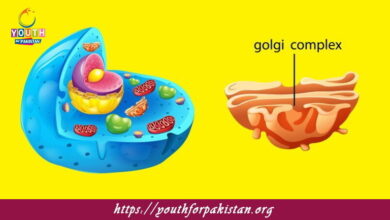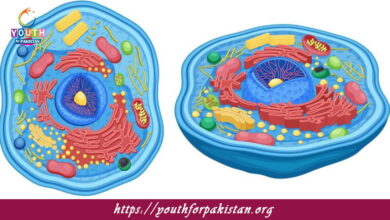Variation & Genetics/Inheritance MDCAT Quiz with Answers

Variation & Genetics/Inheritance MDCAT Quiz; Variation and genetics are significant concepts in biology, mainly while dealing with inheritance patterns and the mechanisms contributing to genetic diversity in populations. Inheritance may be defined as the passing of genetic material from one generation to the next, and this is determined by the genes and alleles an individual inherits from both parents. Variations and inheritance are very important for an MDCAT student since the concepts are generally tested through genetic and evolutionary sections. The MDCAT variation and inheritance quiz will test your understanding of the basic principles of genetics and how traits are passed across generations.
Types of Genetic Variation
Genetic variation describes differences in the genetic makeup of individuals within a population. This variation is necessary for evolution and the adaptability of species. The main sources of genetic variation are mutations (alterations in DNA sequence), genetic recombination (the exchange of genetic material during meiosis), and sexual reproduction, which combines genes from two parents. Variations can show up as differences in physical traits (phenotype), biochemical pathways, or susceptibility to diseases. The MDCAT Quiz will test your knowledge of the sources and types of genetic variation and how these variations contribute to diversity within populations.
Mendelian Inheritance
Mendelian inheritance describes the inheritance patterns observed by Gregor Mendel in pea plants. Mendel’s laws of inheritance, which include the Law of Segregation and the Law of Independent Assortment, describe how alleles segregate during the formation of gametes and how traits are inherited independently from one another. Mendelian inheritance can be categorized into dominant and recessive inheritance, in which dominant alleles express their traits over recessive alleles. Most importantly, MDCAT students have to understand this kind of inheritance, especially when solving questions related to genetic crosses, Punnett squares, and pedigree analysis. The MDCAT Quiz will check your application of Mendelian principles in the solution of inheritance problems.
Non-Mendelian Inheritance
Non-Mendelian inheritance refers to the patterns of inheritance that don’t obey Mendel’s laws. They include incomplete dominance, codominance, polygenic inheritance, and multiple alleles. In incomplete dominance, the heterozygous phenotype is intermediate between the two homozygous phenotypes. In codominance, both alleles contribute equally and are expressed in the phenotype—e.g., blood type inheritance. Polygenic inheritance involves many genes influencing a single trait and produces continuous variation—e.g., height and skin color. The MDCAT Quiz will test your understanding of these non-Mendelian inheritance patterns and how they differ from Mendelian inheritance.
Variation and Genetics/Inheritance Quiz
Take a MDCAT Quiz on variation and inheritance to evaluate your knowledge about genetic variation, Mendelian inheritance, and non-Mendelian inheritance patterns. It includes questions about mutations, genetic recombination, dominant/recessive traits, and complex inheritance patterns. Moreover, Free Flashcards will make it easier to memorize the main genetic concepts so that when you take the MDCAT exam, you are absolutely ready.

In a Punnett square, the possible offspring genotypes are represented by the combination of ________.

The principle stating that genes for different traits can segregate independently during gamete formation is called ________.

When a red flower and a white flower produce offspring with pink flowers, this is an example of ________.

The genetic variation resulting from the recombination of alleles during meiosis is called ________.
Experience the real exam environment with our expertly designed collection of over 25,000 MCQs MDCAT Mock Tests.





